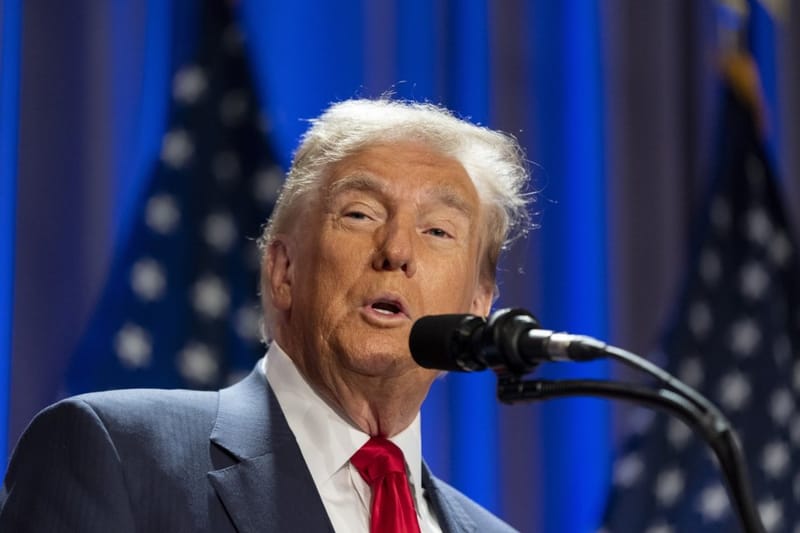Republicans take Senate majority and eye unified power with Trump
Additionally, Andy Kim of New Jersey became the first Korean American in the Senate, and Sarah McBride of Delaware made history as the first openly transgender person elected to the House.

The results of the U.S. elections have set the stage for a significant political shift, with Republicans securing control of the Senate and vying to maintain their majority in the House.
If they achieve this, it would mean a unified GOP government in Washington alongside President-elect Donald Trump, paving the way for his agenda.
However, the House remains contested, with Democrats needing to flip four seats from Republicans to regain control, creating a possible balance of power.
Early election night saw Republican successes, such as Jim Justice in West Virginia flipping the Senate seat from retiring Democrat Joe Manchin and Ohio Democrat Sherrod Brown losing to Republican Bernie Moreno.
Republicans also held onto key seats, like those of Senators Ted Cruz in Texas and Rick Scott in Florida, and managed to secure a historic Senate majority.
Despite these wins, the House races remain tightly contested, with a mix of state-by-state battles, notably in New York and California, as well as tight races in places like Maine, Omaha, and Alaska.
This election has introduced historical milestones, with voters electing two Black women, Lisa Blunt Rochester of Delaware and Angela Alsobrooks of Maryland, to the Senate for the first time.
Additionally, Andy Kim of New Jersey became the first Korean American in the Senate, and Sarah McBride of Delaware made history as the first openly transgender person elected to the House.
In the Senate, leadership transitions are anticipated, with Mitch McConnell planning to step down as GOP leader. Senators John Thune of South Dakota and John Cornyn of Texas are among the top contenders for the role. Meanwhile, House Republicans, led by Speaker Mike Johnson, are preparing a bold 100-day legislative plan to implement tax cuts, intensify border security, and roll back federal regulations if they secure control of Congress.
This election has unfolded amid economic and immigration concerns, as well as the continuing debate over the future of democracy.





